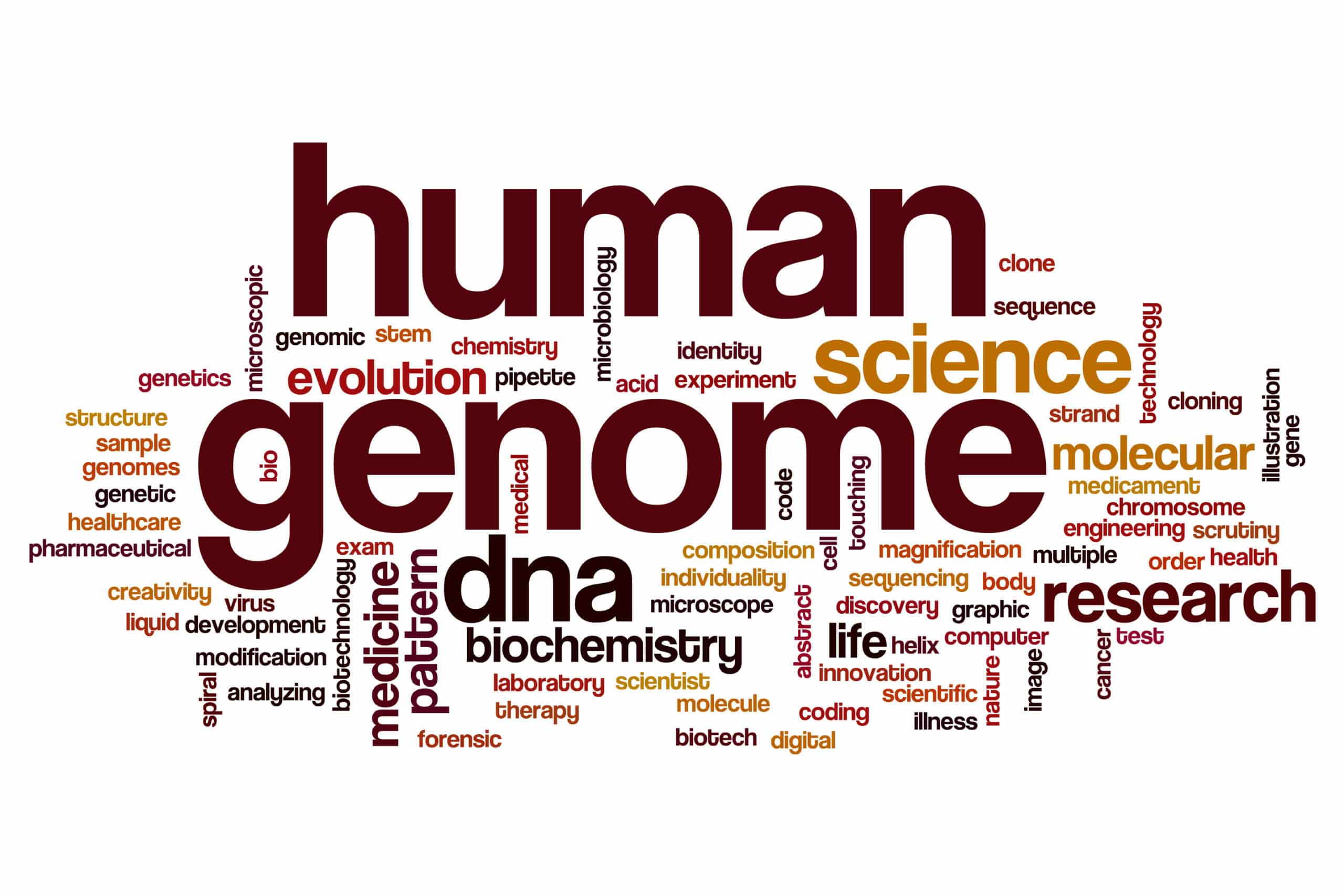Endometriosis is a painful disorder in women which is characterized by the growth of uterine tissue outside of the womb, most commonly into the abdomen, and will affect up to 10% of women before menopause, and half of those with infertility problems and abdominal pain.
This discovery helps moves towards developing genetic based systems for classifying endometriosis to sort out which forms of the disorder needs more aggressive treatment. Presence of the unusual set of mutations suggest that while origins are rooted in normal endometrial cells mutations change their fate, the mutations identified have links to genetic mutations found in some forms of cancer. Abnormal endometriosis tissue growth will often spread throughout the abdominal cavity but rarely becomes cancerous with exception to a few cases when the ovaries are involved.
The genome exome which contains all of the genes expressed and make proteins was sequenced, specifically the exome of endometriosis tissue removed in biopsies of 24 women and normal tissue. Scientists analysed the samples looking for mutations or abnormal changes in DNA and filtered out normal variations in genes which commonly occur. At least one or more mutations in endometriosis tissue that were not present in their normal tissue, in which the number and type of mutations varied per endometriosis lesion and each woman were found in 19 of the 24 women.
ARID1A, KRAS, PPP2R1A, and ARID1A were among the most common mutated genes found in the samples from 5 women, which are all known for DNA repair, controlling cell growth, and cell invasion. Mutations on these genes are associated with clear cell carcinoma ovarian cancer. Scientists were surprised to find these mutations in benign endometriosis as the lesions rarely become cancer, and it is not understood why they occured.
Further investigations biopsied samples from an additional 15 women’s endometriosis samples, scientists looked specifically for KRAS gene mutations, which expression signals proteins that spur cell growth and replication, and found mutations in 5 of the women.
Scientists noted that aggressiveness of the lesions was not revealed in the data and that sequencing studies possibly may have missed mutations in some of the samples. The team is working on additional studies to investigate whether patient outcomes correlate with the mutations. Testing which can sort lesions into less or more aggressive has potential to help decide how to monitor progression as well as control and treat the endometriosis. It may also be possible to develop new treatments which use agents that block gene related pathways specific to an individual’s disease.
Women are normally prescribed anti-hormonal treatments which block estrogen to shrink lesions. When endometriosis occurs on the ovaries and forms a large cyst the lesion is typically removed as it increases the risk of developing ovarian cancer.




